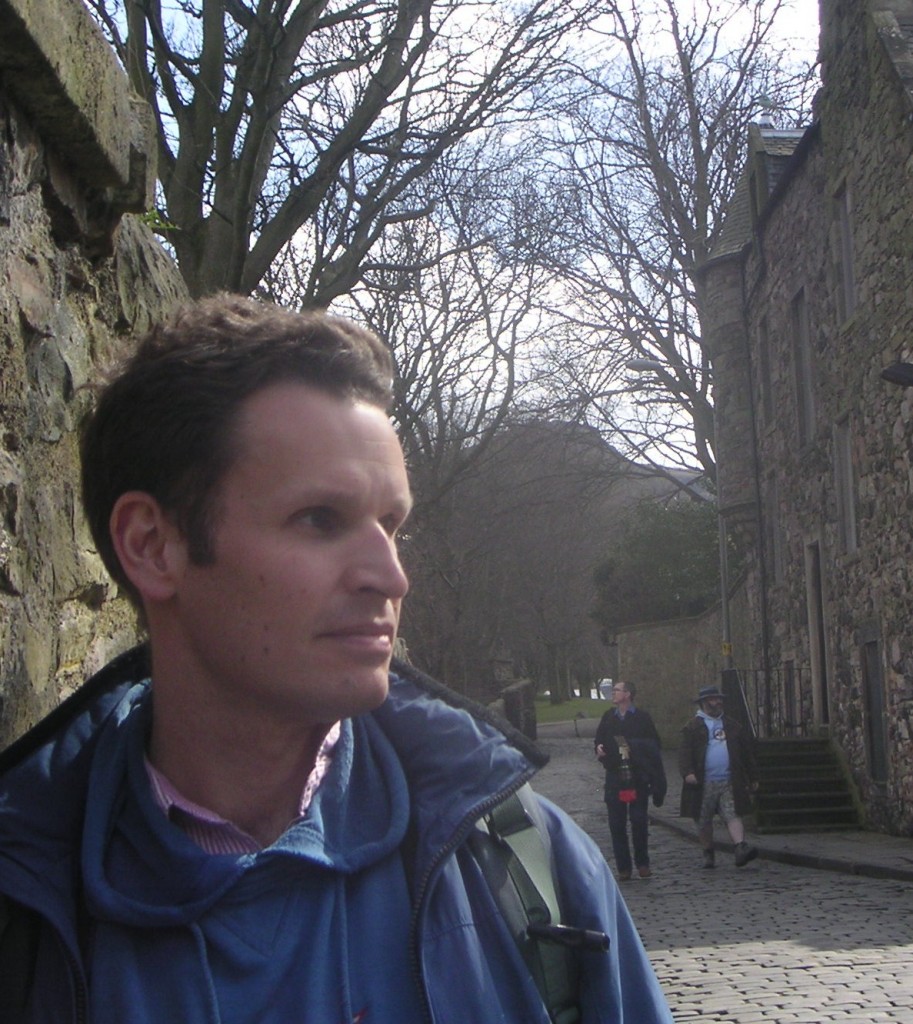One of the things I love about Alexander’s books is that even though the most recent of them is almost 75 years old, the ideas in them still seem fresh and revolutionary.
I came across one of these breathtaking ideas this week in a simple statement where Alexander says, “Personally, I do not believe in any concentration that calls for effort.”¹
Alexander is clear elsewhere in his writing that he doesn’t have a blanket objection to concentration.² He doesn’t object to concentration in the sense of the coming together of our efforts towards a particular goal. A form of concentration that we might see in the coordinated performance of a dancer or a sportswoman.
What Alexander is questioning is something that he refers to as “so-called concentration”³.
He illustrates what he means with a ‘game’ in which he challenges the reader to ask anyone they know to concentrate their mind on a subject, any subject.
Alexander claims that if the friend will play along then what we are likely to see is him “knit his forehead, tense his muscles, clench his hands, and either close his eyes or stare fixedly at some point in the room.”†
I find Alexander’s analysis of what is happening absolutely brilliant. He claims that what is going on here is that instead of occupying his mind with the chosen subject, our friend is actually fully occupied with creating and maintaining these unusual physical conditions, which he calls ‘concentration’.
From the standpoint of considering the subject at hand this is clearly misdirected effort.
Perhaps the idea that that someone who is doing ‘so-called concentration’ is fully occupied with the physical condition that they are creating sounds far-fetched?
I used to think so, but the accuracy of Alexander’s analysis was brought home to me one day on the ITM teacher-training course. I was speaking with my Head of Training and he asked me a difficult question which I needed to consider for a moment. I thought that I was considering it, but after a moment it dawned on me that I was just standing there, tensed up in a way that I hadn’t been just a moment ago. I wasn’t thinking about the question at all; my mind was just blank, like it had stalled.
I realised that I had just experienced exactly what Alexander described. My discovery must have been visible on my face because when I looked at my Head of Training he seemed to be radiating patient amusement.
I have since noticed myself repeating this behaviour of so-called concentration in other situations. It’s like I am so busy making an effort to ‘do something’ that I make the effort and forget to ‘do the thing’. My mind is so occupied with making the effort that I forget the reason for it.
So what’s the solution?
Well, according to Alexander it begins with us removing the idea that this effort is necessary.
So if you find yourself using muscular effort to help yourself think, why not try asking yourself to stop and see what happens?
¹ Alexander, Man’s Supreme Inheritance, p. 63.
² Alexander, Constructive Conscious Control of the Individual, p. 19 (footnote).
³ Alexander, Man’s Supreme Inheritance, p. 63.
† Ibid.



Well put David, thank you. I am so much more aware these days that I can accomplish so much more thinking without apparently seeming to do so! I remember, in the past, having to schedule time to “think” about certain things, in order to understand them, or plan something in response. Now, I find I can plan as I go much more often, and can hold an overview of so many more things in my mind than I could… and with much less “so called concentration”
Thanks Sandra. What a lovely description!
David
This is such a beautifully written blog on ‘so-called concentration’ that I regularly refer my students to it. Thank you for writing it David.
Thanks Jane. I’m glad that it has proved useful.
David